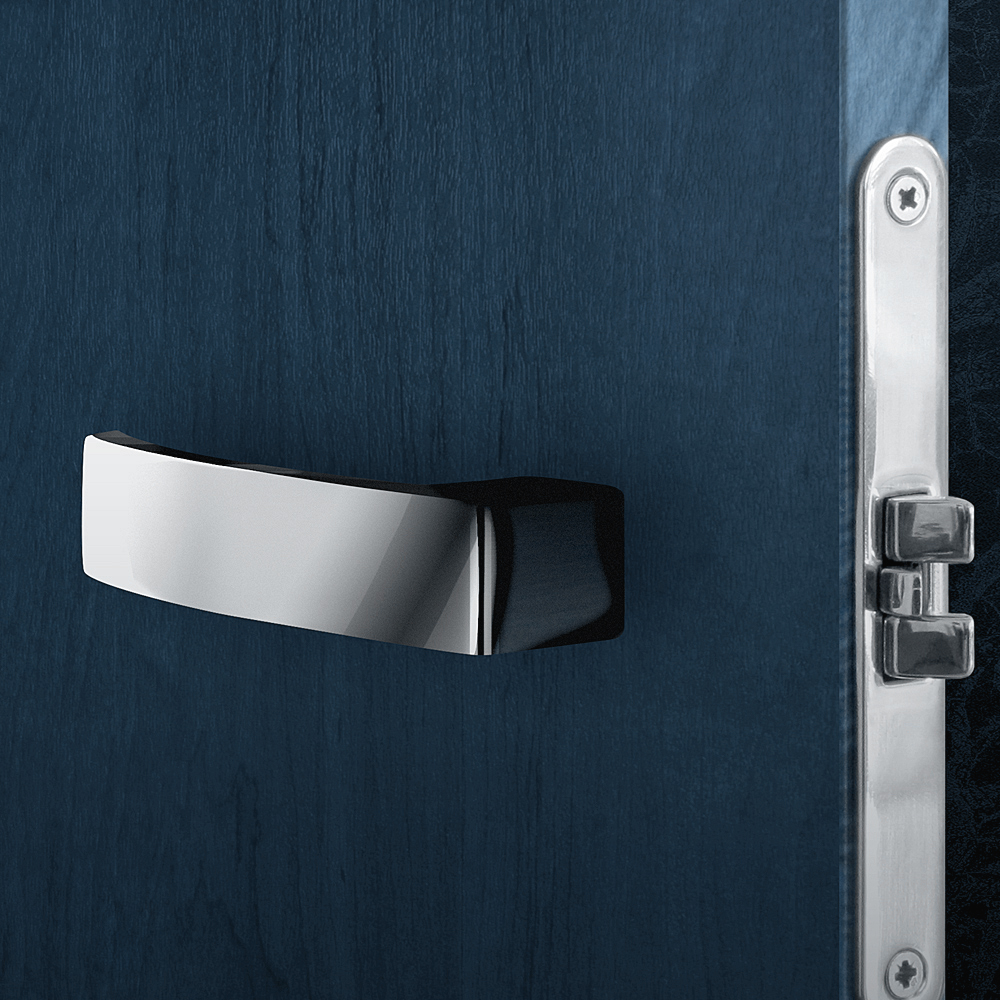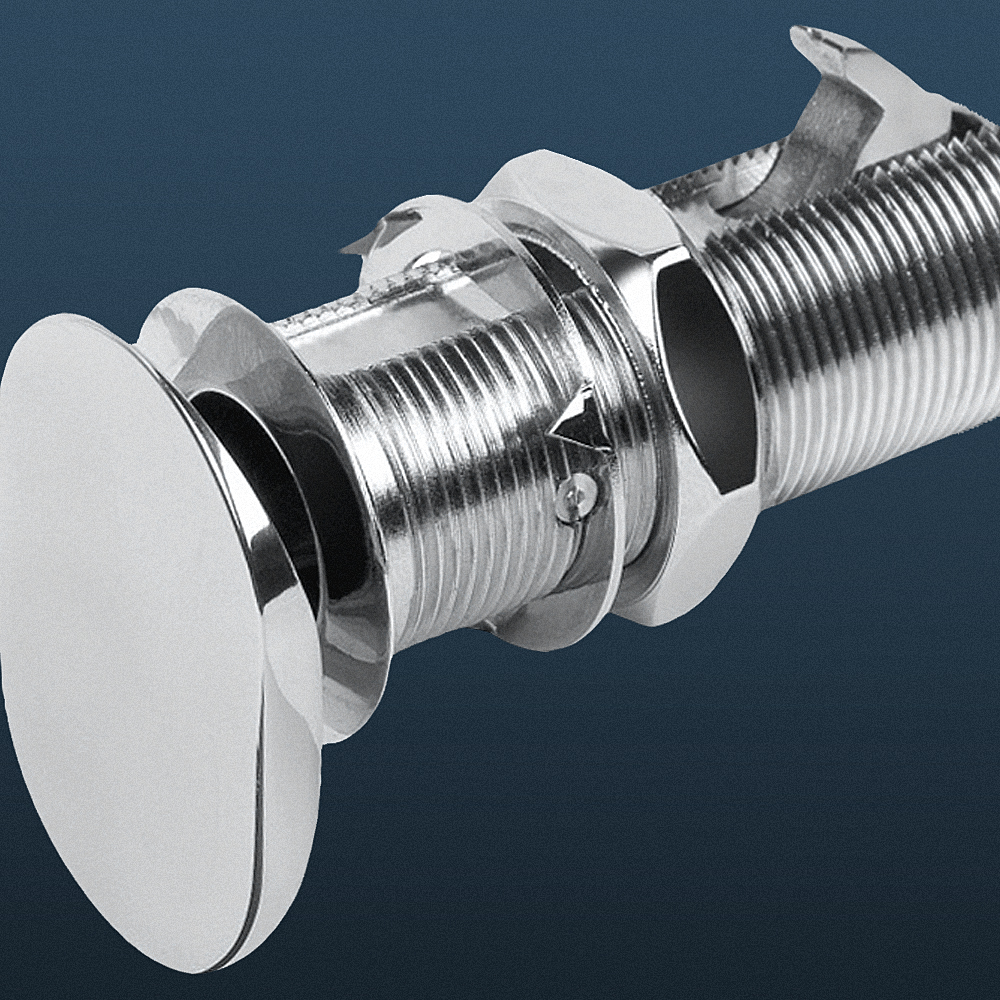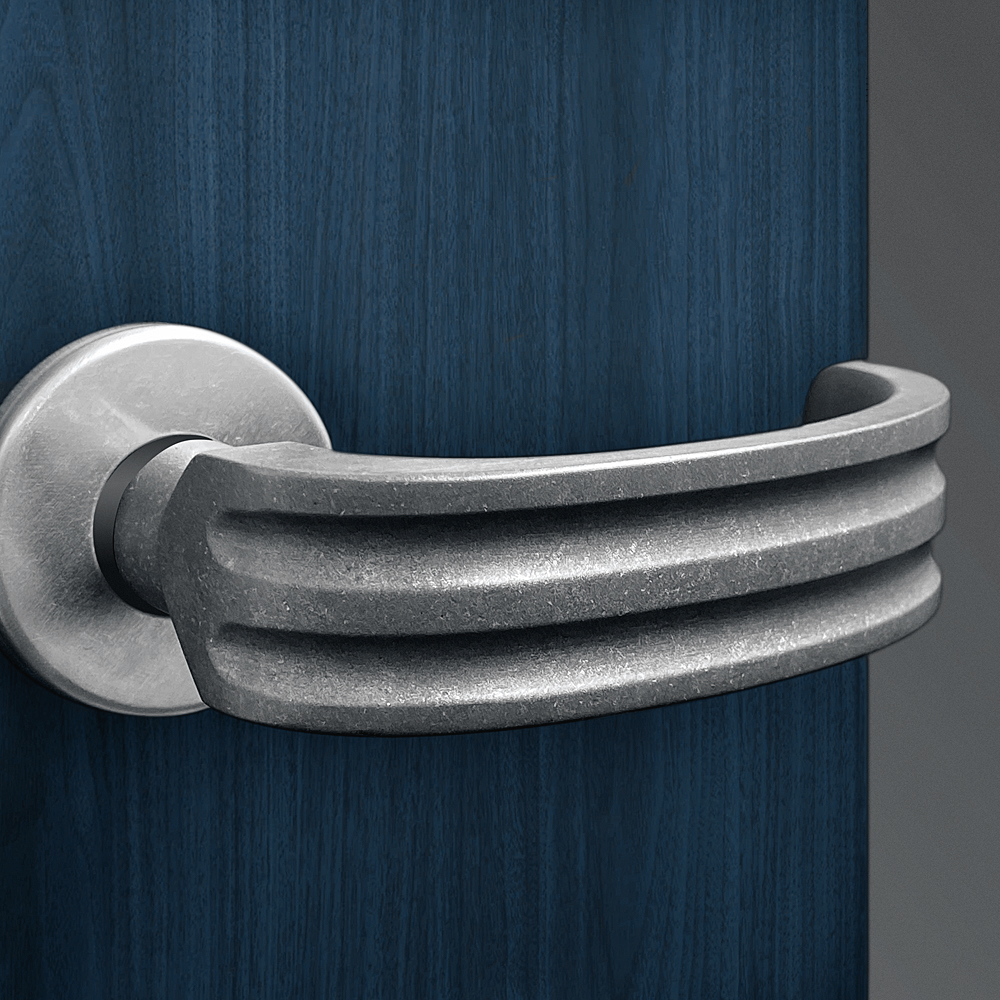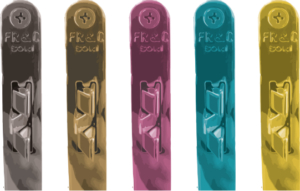Who we are
With a wide range of customisable complements and accessories for large liners, cruise ships and yachts, F.lli Razeto & Casareto drives the history of the Eastern Ligurian Riviera and the Made in Italy through the oceans.
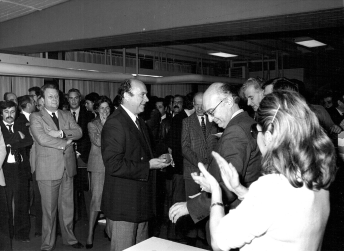
Always linked to the area of Sori, on the Riviera di Levante, the headquarters of F.lli Razeto & Casareto is a three-story, 2,500-plus-square-meter complex overlooking the Ligurian coast where values of industriousness, creativity, and respect for the environment are a legacy that has been passed down from generation to generation, in seas around the world.
ANTIMICROBIAL HANDLES
The first anticontamination handle.

Our products
Each product is the result of a highly specialised, customisable and certified work.
Innovation & Design Lab
With a perfect balance of technique and flexibility.
The innovative and technological design accessories has allowed F.lli Razeto & Casareto to flourish also in non-marine sectors.
OUR CERTIFICATIONS
F.lli Razeto & Casareto guarantees customers the transparency of its company policy, as well as safety, reliability and certified quality products that meet the highest international standards.

Certified responsibility, quality and reliability.

Safety in every little detail.

Italy as a trademark.

Resilience, innovation and creativity
OUR LATEST NEWS
FIND OUT F.LLI RAZETO & CASARETO


